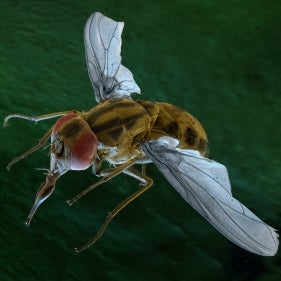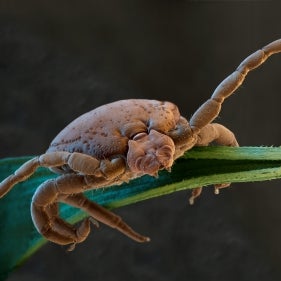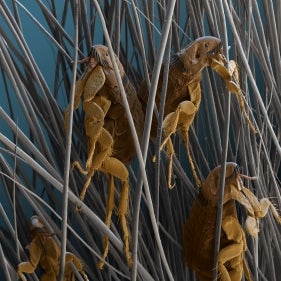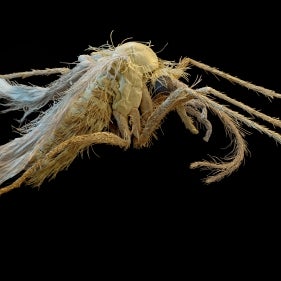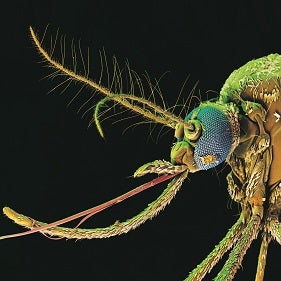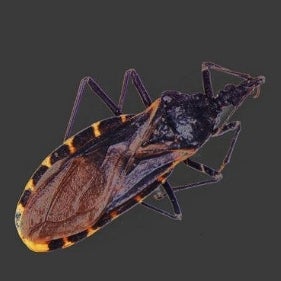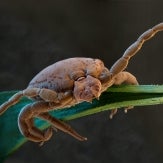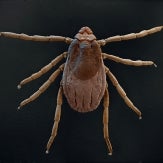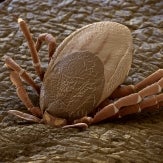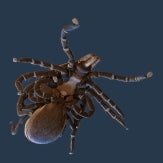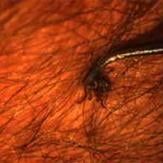VECTORS
Select a vector
TICKS
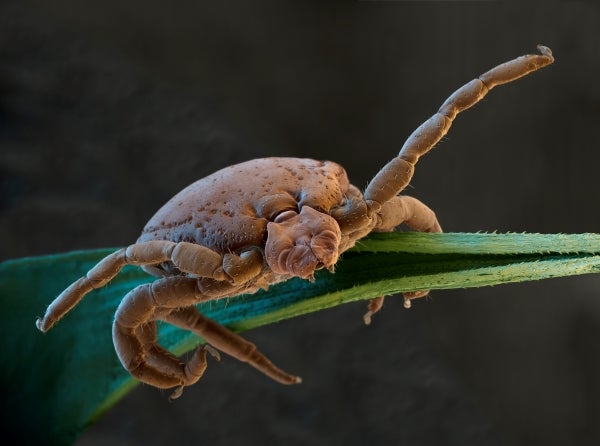
Ticks are blood feeders with an almost worldwide distribution. Most active stages require blood as a nutritive source and, in the case of adults, for sperm or egg production. The tick-host parasitic interaction is complex because of the mechanical processes and salivary secretions associated with blood feeding.
Tick-transmitted diseases are a major health issue for dogs and cats as well as for humans. Even with preventative measures using products which are both repellent and acaricidal tick control is crucial.

LOOKING FOR DISEASES?
You are looking for specific diseases in companion animals which are transmitted by vectors, so-called companion vector-borne diseases (CVBD)?
Click hereEXPLORE OUR CONTENT
 CVBD MapsThe CVBD Occurence World Map presents country-specific situations based on current scientific knowledge and feed-back from experts around the world in an easy-to-grasped way. |
| Read more-> |
 ResourcesElanco Animal Health supports education in parasitology and especially in the field of vector-borne diseases. Access image collections, discover the World Forum calendar, interesting links and our glossary. |
| Read more-> |
 CVBD World ForumThe CVBD World Forum is a working group of leading international experts with the mission to enhance knowledge and communication on companion animal vector-borne diseases for the improvement of animal, human, and environmental health. |
| Read more-> |

